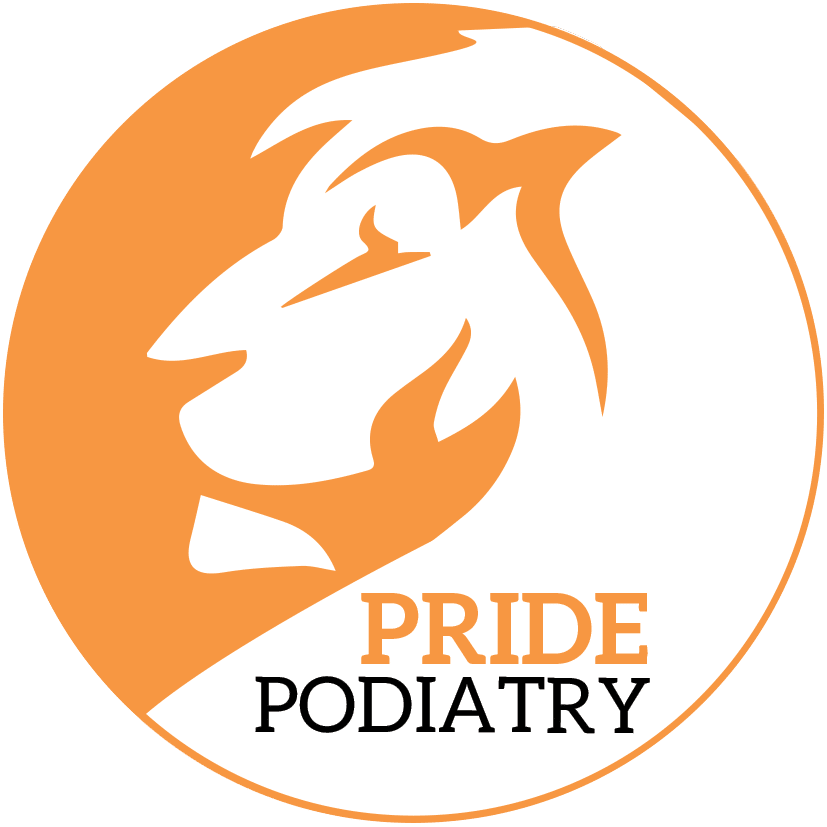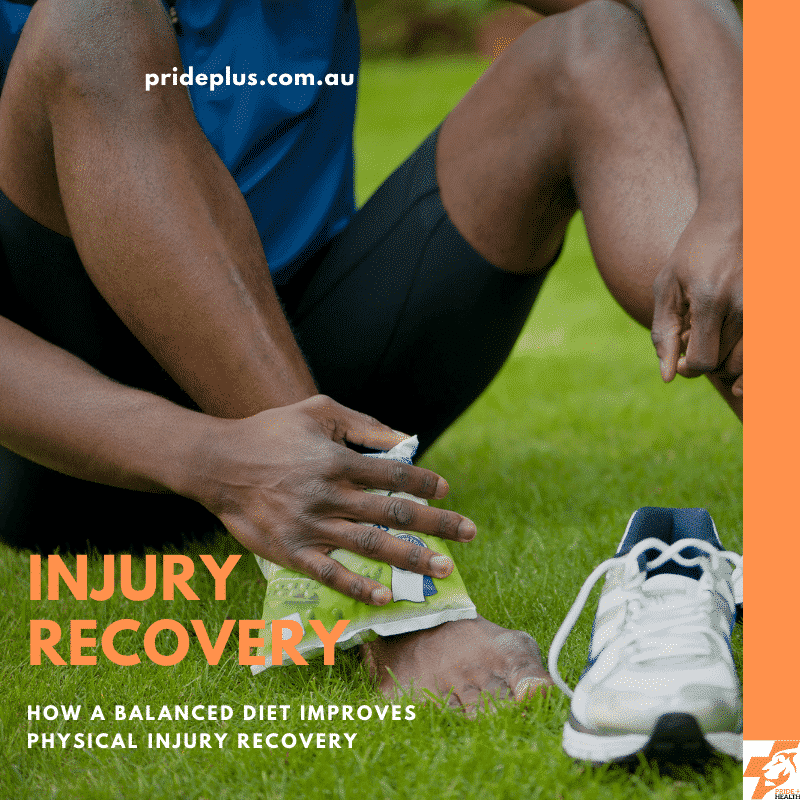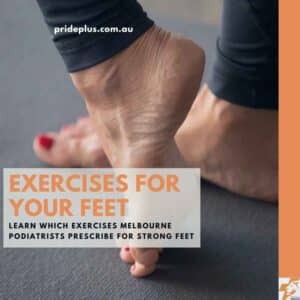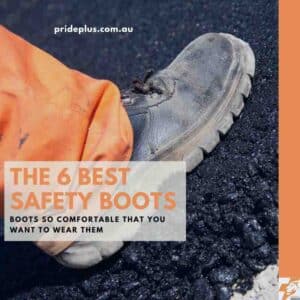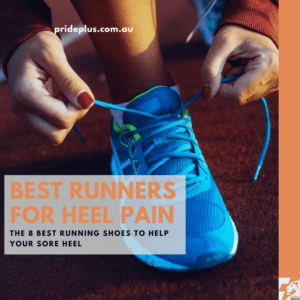If you’ve been unlucky to suffer a physical injury, then you don’t need us to remind you how frustrating it is.
You suddenly can’t do as many things as you used to, you’re experiencing frequent or even constant aches and pains, and your mood begins to be affected by it.
Naturally, you’d be looking for any way to speed up your recovery – right? Well, apart from the direct and effective measures of remedial massage and physiotherapy – have you considered how changing your diet might also help to get you back on your feet quicker?
Let’s take a look at how adopting a healthier diet can impact your recovery from a physical injury.
Eat well, and heartily
While some issues (like a frozen shoulder) can make the physical act of eating trickier, this is the time when you should be consuming lots of good food to give your body the fuel it needs to recover as quickly as possible. It’s essential that, if your injury makes cooking/eating difficult for you, you ask for the help you need from family or friends so that you aren’t left struggling alone and potentially becoming malnourished. Don’t be worried about your pride or imposing on loved ones; just focus on getting better.
To make things easier on yourself, you could always use a service that deliver ingredients + recipes to your door so that you can make a baked pumpkin risotto or a vegetable stir-fry, whilst adding some wholegrain rice added for good measure. Crockpots are an excellent investment for those recovering from an injury since it’s easy to fill them up with protein and vegetable stock to make a nutrient-rich soup you can make in quantity and store in the fridge.
Fighting inflammation
While eating a lot of nutrient-rich foods is vital for a speedier recovering from your injury, you are probably also looking for specific dietary changes that will reduce inflammation and make the day-to-day easier.
As you may know, soft-tissue injuries (which runs the gambit from small sprains to major tears) mean that inflammation is going to be your arch-nemesis. Inflammation is a natural injury-control response from your body that’s useful when you have a small cut or other minor scrape but can delay your healing process when it is prolonged after a significant injury.
Foods that help to reduce inflammation include various types of fruits and vegetables, as well as flaxseed, chia, and other healthy fats. Vitamin C is well known for its anti-inflammatory properties and it’s easy to include more of it in your diet.
Some great vitamin C-rich foods are:
- Kiwi
- Dark leafy greens like spinach and kale
- Tomatoes
- Mango
- Berries
- Papaya + more
Omega-3 fatty acids are another big gun in the fight against inflammation, and you might already know that fish is a popular source for it. On the flip side, it’s good to reduce your consumption of omega-6 fatty acids that can increase inflammation. These acids are found in foods like soy, cottonseed and corn.
Tissue repair & bone injuries
Reducing inflammation will speed up your recovery time, but there are other foods you can include in your diet to enhance the tissue repair process your body is undergoing. Foods that are high in zinc like shellfish, seeds, and pulses, are all great sources of zinc.
Can you guess which nutrient is going to help you with recovery from a fractured bone? That’s right – calcium is just as crucial in boiling the strength of your bones pre-injury as it is in recovering post-injury.
Other compounds that can help with bone injury recovery include:
- Magnesium
- Vitamin K1
- Vitamin K2
- Boron
- Arginine
- Inositol
- Silicon
Consuming all of the above on a daily basis will assist you with recovery from a fracture or other bone injury.
Eating for your mood
While we have explored the foods themselves, you should not discount the healing power of self-compassion when you’re recovering from an injury. This means that if you love certain comfort foods, such as your mother’s pasta bake or another childhood favourite, then you shouldn’t hesitate to chow down and enjoy it wholeheartedly.
While these foods might not be the most scientifically optimal for injury recovery, indulging in them (especially at the start of your recovery when you’re really feeling down) is perfectly fine and encouraged. You need to spend your recovery in a relaxed state of mind – if certain foods relax you, then go for it.
Summary
All things considered, combining the diet advice above with interventions like physiotherapy will give you the speediest possible recovery from your physical injury. While there are certainly ways you can optimise the nutrition you get, the most important takeaway is that you don’t delay your recovery (or risk making your injury worse) by allowing yourself to become malnourished by not eating enough.
